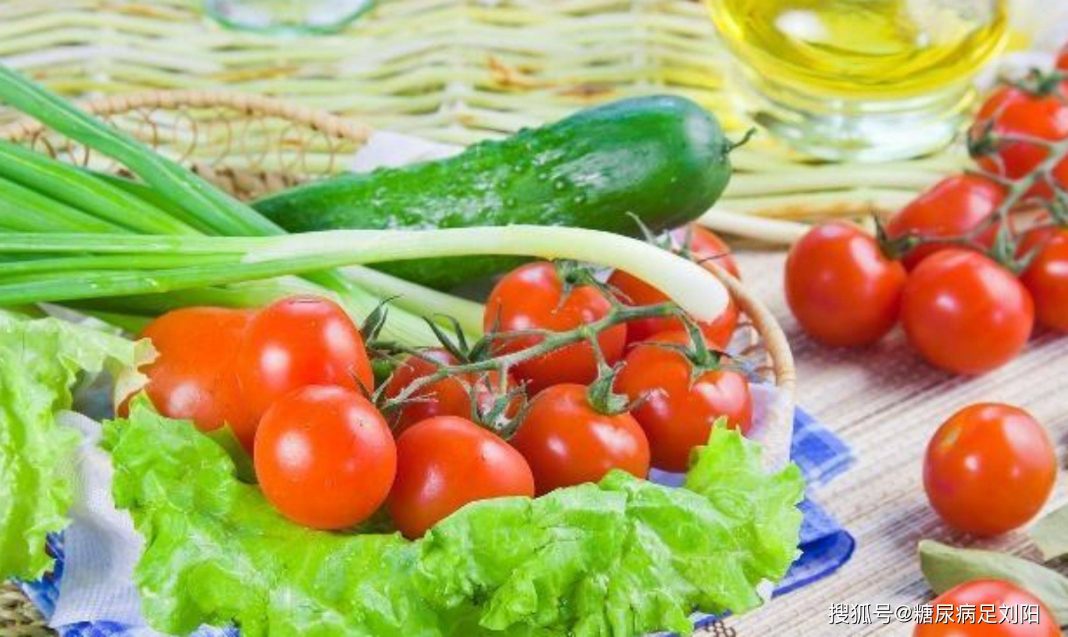# What vegetables are good for high blood sugar?# You can’t eat this, you can’t eat that. If I eat vegetables, my blood sugar won’t rise, right? Not necessarily! The following three types of vegetables can cause a spike in blood sugar, so everyone should limit their intake.
First category: pickled vegetables with high salt and sugar, such as pickles and salted vegetables. These vegetables are usually made with a lot of salt or sugar during the pickling process. Eating them not only affects blood sugar but may also increase the burden on the kidneys, leading to hypertension and cardiovascular diseases;
Second category: starchy vegetables, such as potatoes, sweet potatoes, yam, and taro. Overeating these can result in a spike in post-meal blood sugar. If you really want to eat them, consider using them as a substitute for part of your staple foods like steamed buns or rice.
Third category: high-purine vegetables, like mushrooms and bean sprouts. Consuming these can cause abnormal uric acid metabolism, triggering gout attacks. Finally, I conclude with a summary of vegetables that people with diabetes can safely eat. Feel free to like and save this information. Also, remember to choose low-salt and low-oil cooking methods like boiling or stir-frying to avoid excessive oil and salt intake, which can lead to high calories and affect blood sugar regulation.
Vegetables: lettuce has low glycemic impact and little carbohydrate, so you can eat it freely; cabbage also has low glycemic impact and little carbohydrate, so you can eat it freely; spinach has low glycemic impact and is high in iron, so it should be blanched before eating; celery has low glycemic impact and is high in fiber, so it can be eaten!
Root vegetables: winter melon, low glycemic impact and little carbohydrate, so you can eat it freely; loofah has low glycemic impact and little carbohydrate; can be stir-fried or made into soup, so you can eat it freely; tomatoes and cucumbers have low glycemic impact and little carbohydrate, filling without raising blood sugar; bitter melon has low glycemic impact and little carbohydrate, so it can be eaten, but those with gastrointestinal issues should limit their intake!
Staple foods: potatoes have a high glycemic impact and high carbohydrates, so they should be eaten as a staple; sweet potatoes are high in fiber and high in carbohydrates, so they should also be eaten as a staple; corn is high in fiber and carbohydrates, so try eating it raw.


